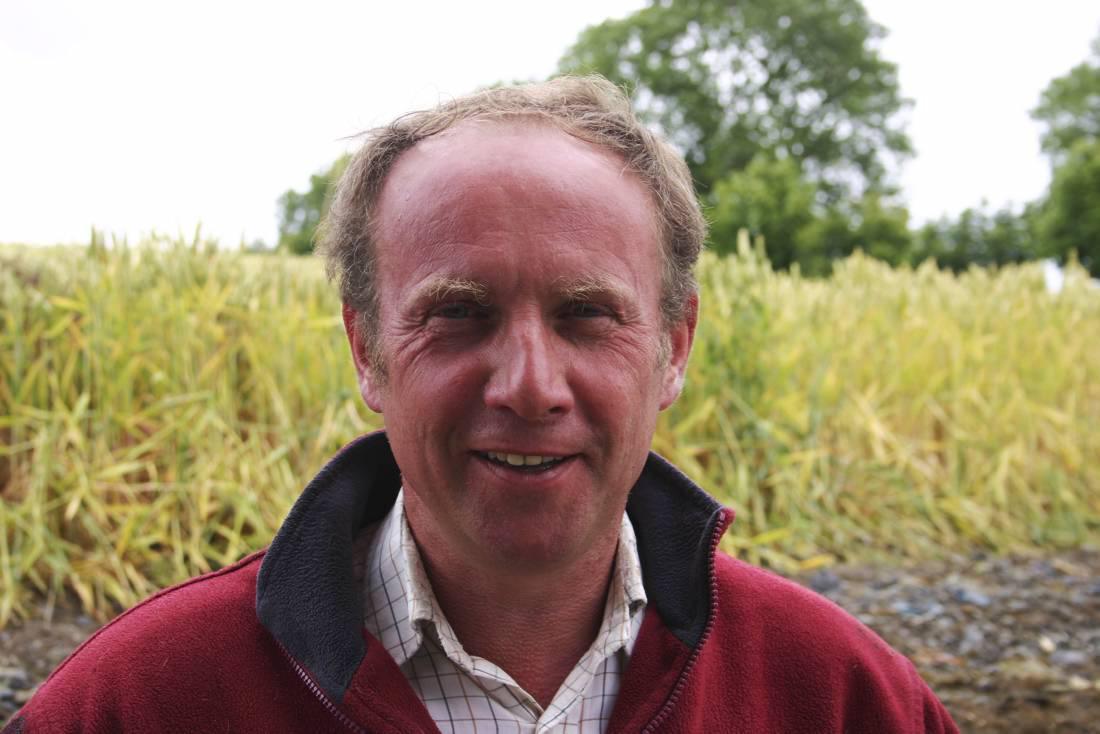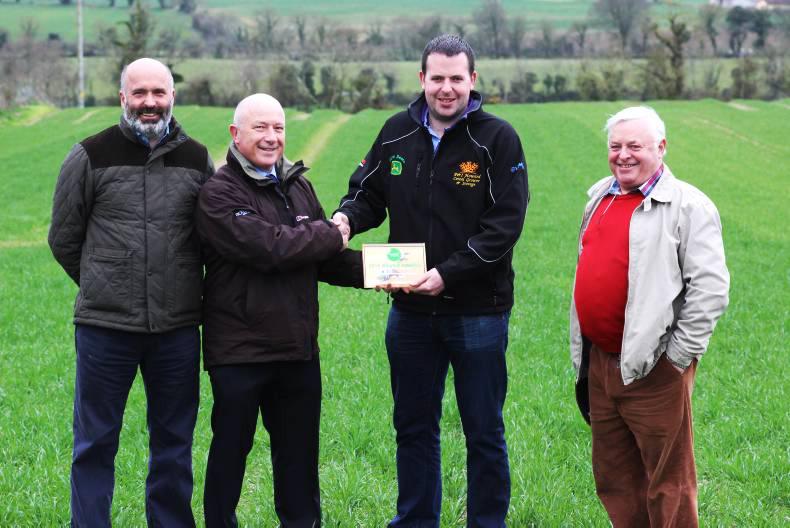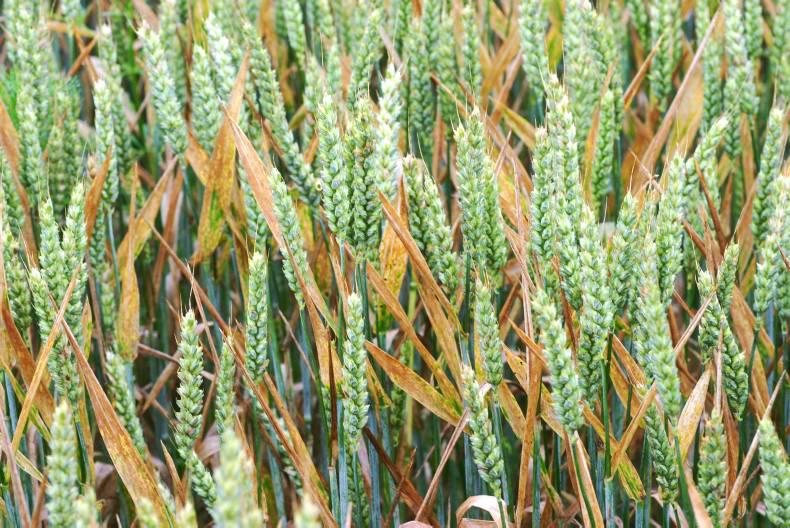On the winding road from Kildalkey to Trim, you cross a narrow old stone bridge where the Trimblestown river flows eagerly into the majestic Boyne. Beside the bridge and on the riverbank, there’s a low two-storey farmhouse which is known locally as the Dutchman’s.
The gentleman in question has long since departed his earthly abode and despite the fact that the house has had several occupants since, it’s still known as the Dutchman’s.
The Dutchman was an intensive vegetable producer, which should come as no surprise given his origins. I don’t know why he chose to forsake the polders for the stony brown soil on the banks of the Boyne.
Perhaps he fell for an Irish girl who lured him over here, but it’s more likely that land was scarce in Holland in the hungry post-war years and the cheaper Irish farmland was an attractive proposition.
But it was a little ironic that the Dutchman chose to settle in perhaps what was the only farmyard in Co Meath prone to flooding. The Dutch are particularly adept at keeping the water off their low-lying land and hate wet feet.
However, before the Boyne drainage scheme in the late 1960s, flooding at this confluence was an annual event and there was nothing he could do about it. But for all of that, he was a progressive farmer whose techniques were years ahead of the locals.
He used a David Brown crawler tractor for his ploughing, while our natives were using feeble two-wheel drive tractors to turn over the heavy Meath soil. That’s if they strayed away from permanent pasture into tillage crops at all.
Nor did the Dutchman depend on the travellers or the unreliable youth of Trim to hand-hoe his carrots. Instead, he opted for more effective chemical weed control in the form of kerosene, which was entirely legal, and sprayed at 50 gallons to the acre.
Apparently, the young carrot plant was reasonably tolerant to kerosene and provided it was used fairly early in the season, the carrots didn’t taste too oily. It also helped with carrot fly control and God knows whatever else it did.
Over the years, quite a few continental farmers have chosen to farm in Ireland. I personally know eight families who have settled here, whose family roots are in Germany, Belgium or Holland. Many of these families are now into their second or third generation.
Professional
The continental farmers are very professional role models and have superb attention to detail. Their fieldwork and management is typically first class. I think it’s their dedication and thoroughness that sets them apart. Waste is minimised and output is maximised. They’re not obsessed with farming ever more acres as most of us Irish seem to be. They are more content to do what they do extraordinarily well.
All this was borne out by the recent success of Martin Hoste taking a silver medal in the ADAS YEN highest wheat yield competition in Britain and Ireland. Martin farms in Co Meath and is of Belgian stock.
As to why these guys are typically so progressive, I don’t know. I can’t figure it out. But whatever it is, Irish farmers will always have a lot to learn from our continental cousins.
And finally, for those of you who actually enjoy Christmas, may I wish you the season’s greetings. As for those of us who dislike Christmas, may I console you with the fact that, by this day week, it’ll nearly be over. And either way, I want to sincerely wish you a happy and healthy New Year.










SHARING OPTIONS